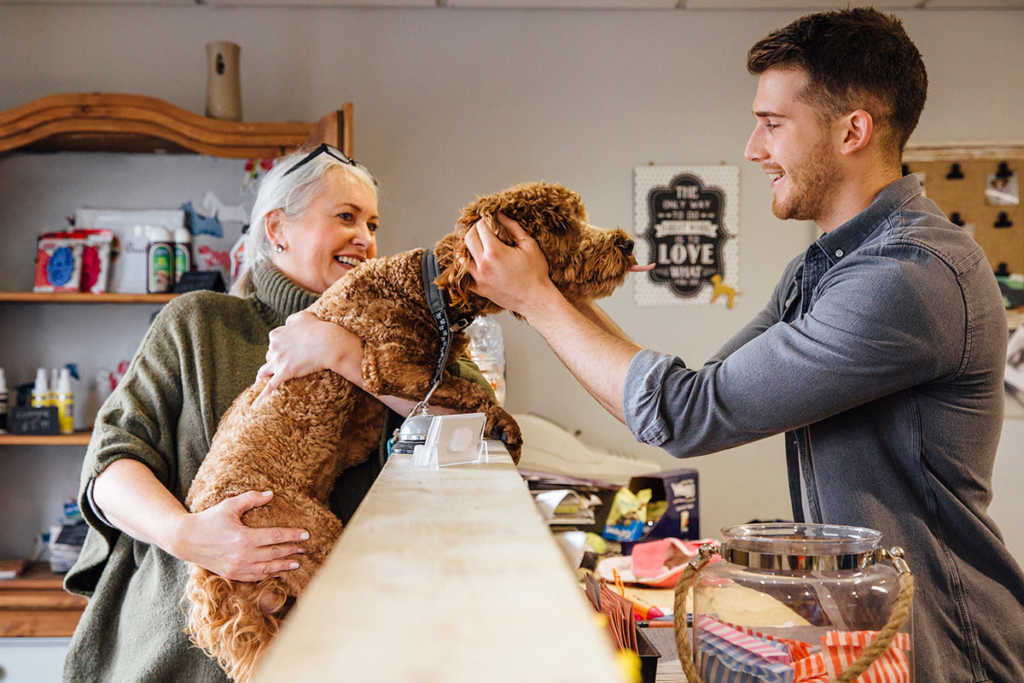Your dog may be judging you by the way you treat others.
According to a study recently published in the journal Neuroscience and Biobehavioral Reviews, dogs can tell when a person is being rude to others and they use that social evaluation when determining how to interact with the humans around them.
Study author James Anderson of Japan’s Kyoto University and his colleagues tested pet dogs and capuchin monkeys to see whether they would show a preference for people who help others.
During the study, which was highlighted by New Scientist, dogs watched their owners struggle to open a container with a toy inside and then present it to one of two bystanders, who either helped or refused to do so. The second bystander was passive.
Then, the bystanders offered the dogs a treat to see which one the pets would choose.
The dogs had no preference when one of the bystanders had helped their owner open the container. But the dogs were more likely to choose the passive bystander if the first didn’t lend a hand to their owner. Thus, the study found that dogs negatively evaluate people who refuse to help their owners.
Likewise, the study found that capuchin monkeys negatively evaluate someone who refuse to help other people, and they also negatively evaluate people who exchange unfairly with others.
In one test, the monkeys watched an actor struggle to open a container with a toy inside. The actor presented the container to a bystander who would either help or refuse.
The study found the monkeys showed no preference between accepting a reward from the actor struggling to open the container or the bystander when that person was helpful. But when the bystander refused to assist, the monkey was more likely to take food from the actor struggling with the container.
In another test, two people had three balls each. The capuchin monkeys watched as Actor A requested balls from Actor B, who handed over three balls.
Then, Actor B requested balls from Actor B, who either gave three balls back or none at all. Finally, both people offered the monkeys a reward.
The study found the monkeys had no preference when actor A gave returned the balls, but the monkey were more likely to chose actor B when actor A did not give back any balls.
The study’s authors argued the results suggest that both dogs and monkeys make social evaluations similar to human babies.
“If somebody is behaving antisocially, they probably end up with some sort of emotional reaction to it,” Anderson, who researches animal behavior, primate learning and cognition at Kyoto University, recently told New Scientist.


